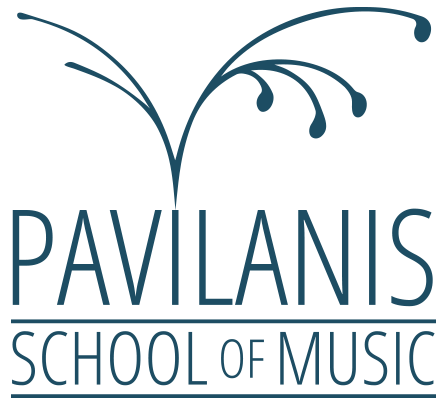Why Music Matters
Let’s explore why music matters and the many benefits of regular music lessons.
Improved Memory
Music pulls together many different facets of memory as we need to recall different muscular movements, pitch content, visual cues, theoretical concepts, and emotional intentions. Music helps explore all of these forms of memory simultaneously which is a truly unique feature of the activity.
Studies also show that music can improve memory impairment. Among others, a 2019 study suggests that “a focal musical activity can be a useful intervention in older adults to promote an enhancement in memory.” Study linked here
Cognitive Development
Students pursuing a musical instrument work to develop their fine motor skills. Students also learn bodily awareness and hand-eye coordination. This development proves most helpful for young children.
A Harvard-based study found that children who study a musical instrument for at least three years outperform children with no instrumental training. This happens in both tests of auditory discrimination and finger dexterity, which are typically associated with playing music, and in tests measuring verbal ability and visual pattern completion, which are not normally associated with music. Study linked here
Middle school and high school students who are involved in instrumental music show significantly higher levels of mathematics proficiency by grade 12, regardless of socioeconomic status. (U.S. Department of Education).
Emotional awareness and understanding
Music improves mental health and quality of life. Music gives us a way to communicate through activity and sound and provides an outlet for creative, positive self-expression. It also allows us to better understand the expression of others through the interpretation of musical pieces. It can help us realize how diverse, nuanced, and dynamic human expression can be.
Creativity takes a dual form in music – we can express ourselves through our own musical creations or through another’s creations. The composer and interpreter allow for a diverse range of activities and engagement.
Language exposure and development
Music offers a huge benefit to language studies as it is in fact a language with grammar and semantics. Musical studies focus on the comprehension of sounds and their production but also on understanding a larger context of their meaning.
Social and community benefits
We experience music initially from the songs that are sung to us as a young children. These melodies can give us a sense of belonging. Music-making extends to larger groups like bands, symphonies, chorals, and small ensembles which allows for a group of people to have a shared form of expression. This shared expression can bring joy and humor but also mourning and catharsis.
Students who participate in school band or orchestra have the lowest levels of current and lifelong use of alcohol, tobacco, and illicit drugs among any group in our society. (U.S. House of Representatives, Concurrent Res. 266, June 13, 2000, cited from Concord Conservatory). Older Americans who are actively involved in music show improvements in anxiety, loneliness, and depression issues that are critical in coping with stress, stimulating the immune system, and improving health (American Music Conference 2007, cited from Concord Conservatory).
Work ethic
Music-making at any level requires hard work, focus, and dedication. It is quite incredible how much cumulative effort can go into 10 seconds of music! These qualities are internalized through the pursuit of music and help students more easily establish them in other areas of life.

